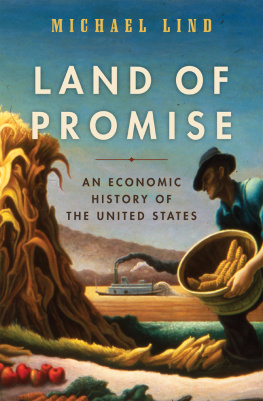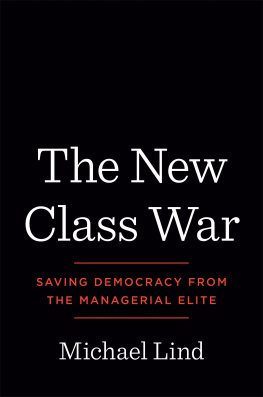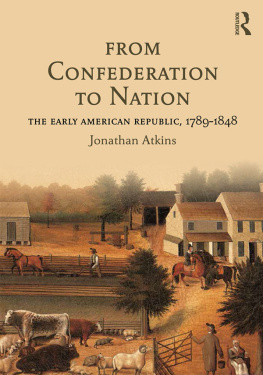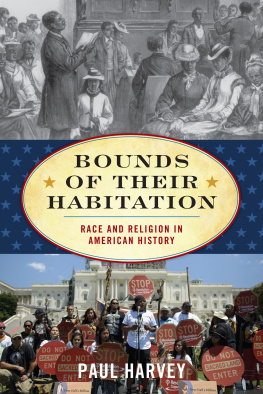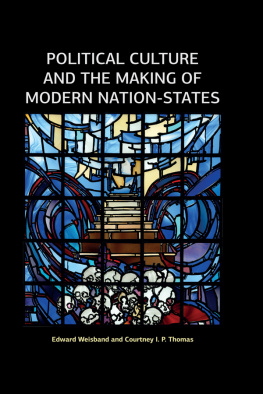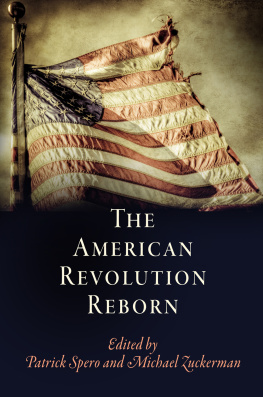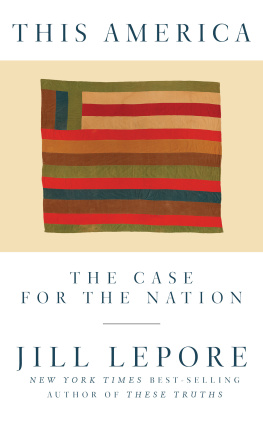THE NEXT AMERICAN NATION
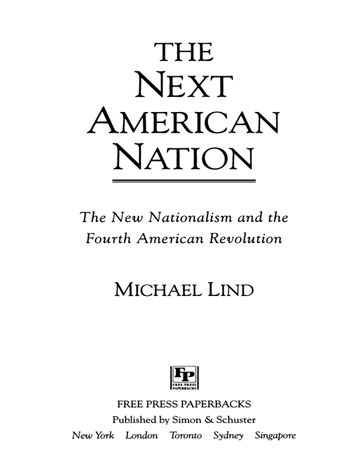
FREE PRESS PAPERBACKS
A Division of Simon & Schuster Inc.
1230 Avenue of the Americas
New York, N.Y. 10020
Copyright 1995, 1996 by Michael Lind
All rights reserved, including the right of reproduction in whole or in part in any form.
FREE PRESS PAPERBACKS and colophon are trademarks of Simon & Schuster Inc.
www.SimonandSchuster.com
Designed by Carla Bolte
Manufactured in the United States of America
10 9 8 7 6 5 4 3 2 1
Library of Congress Cataloging-in-Publication Data
Lind, Michael, 1962
The next American nation : the new nationalism and the fourth American revolution / Michael Lind
p. cm.
Includes bibliographical references (p. ) and index.
ISBN 0-684-82503-1
ISBN 978-1-451-60309-5
1. United StatesCivilization. 2. NationalismUnited StatesHistory. 3. Pluralism (Social sciences)United States. 4. MulticulturalismUnited States. I. Title.
ISBN 978-0-684-82503-8
eISBN 978-1-451-60309-5
E169.1.L5432 1996
973dc20
96-2144
CIP
To My Parents
Contents
Acknowledgments
If I attempted to thank everyone who has provided helpful criticism of my ideas, I would inevitably neglect some friends and colleagues, while implicating others in any errors of fact or interpretation. I will therefore limit myself to thanking Owen Harries, Editor of The National Interest, and Lewis H. Lapham, Editor of Harpers Magazine, for their encouragement and support during the writing of this book; and also Alan Tonelson, for bringing me to the attention of the The Free Press. I am especially grateful to Adam Bellow, Editorial Director of the Free Press, for seeing the basis of a book in an unpublished essay by an unknown author, and for guiding the project to completion with enthusiasm, understanding, and skill.
THE NEXT AMERICAN NATION
Introduction
Are We a Nation?
Are we a nation? The question was raised, in an address of that title, by Senator Charles Sumner of Massachusetts after the Civil War. At the end of the twentieth century, the question of whether America is a nation has arisen again. Unlike Sumner, that great champion of Union and racial integration, proponents of the leading schools of thought about American national identity todaymulticulturalism and democratic universalismtend to answer the question in the negative.
Are we a nation? No, say the multiculturalists, who are found predominantly though not exclusively on the left. The United States, they say, is not a nation-state. Rather, it is a nation of nations, a federation of nationalities or cultures sharing little or nothing but a common government: a miniature UN. How the cultures that compose the multinational American citizenry are to be defined is the subject of dispute among those who think of America in this way. Contemporary multiculturalists usually identify the nations or cultures of the United States with five races defined by descent: white, black or African-American, Hispanic, Asian-Pacific Islander, and American Indian/Inuit. In contrast, a small but eloquent band of old-fashioned cultural pluralists (in the tradition of the early-twentieth-century American thinkers Horace Kallen and Randolph Bourne) tends to identify the nations of America with ethnic groups, particularly white ethnic groups: English, German, Irish, Italian, Polish, and so on. Though they may disagree about how many American cultures there are, multiculturalists and cultural pluralists agree that the United States is not a nation-state like France or Poland or China or even Brazil, but a multinational federation, like Canada and Switzerland and the former Soviet Union and Yugoslavia. The philosopher Michael Walzer has summarized this view, common to multiculturalists and cultural pluralists: It isnt inconceivable that America will one day become an American nation-state, the many giving way to the one, but that is not what it is now; nor is that its destiny.
A multiculturalism of the right is conceivable, as a response by conservatives who wish to preserve cultural or racial purity through a policy of voluntary ethnic or racial segregation; something like this is promoted by the French right of Jean Marie Le Pen, and there are American parallels in some of the proposals of the Ku Klux Klan. To date, however, most multiculturalists and cultural pluralists in the United States have been on the political left. They have tended to share an antipathy to the mainstream culture of the American majority. Denying or ignoring the black and Latin American elements of American vernacular culture, multiculturalists tend to misdescribe it as white culture. Compounding the confusion, theorists of multiculturalism, like many conservatives, often identify this white middle American culturerather implausibly, it must be saidwith western civilization. The confusion only deepens when multiculturalists count among the supposed victims and enemies of western civilization immigrants from Spanish-speaking, Catholic Latin America, whose traditions exhibit greater continuity with ancient Rome and Latin Christendom than does the culture of Protestant, English-speaking North Americans. The confusion arises from the equationas spurious in the case of Latin American mestizos as in the case of black Americansof nonwestern with nonwhite. If one rejects this assumption, if one assumes that Americans of different races can, and in fact do, share, not only a common civilization but a common nationality, then the multicultural enterprise simply collapses.
The major opposition to multiculturalism today comes from democratic
The democratic universalisas characterization of the United States as a nonnational idea-state usually comes as part of a package with American exceptionalismthe belief that the United States is not only different in kind from other countries but superior in its morality and institutions. House Speaker Newt Gingrich has called for Americans to reject multiculturalism and reassert American exceptionalism.
These, then, are the two schools of thought that have almost monopolized recent discussions of American identity. Both agree that the United States has never been a conventional nation-state, and differ only as to what kind of nonnational state it is or should be. Is the United States, as the multiculturalists claim, a federation of races, or is itas the democratic universalists arguea post-national idea-state?
The answer is: neither. The multiculturalists and the democratic universalists are both wrong. The United States is not, and never has been, either a multinational democracy or a nonnational democracy. The United States has been, is, and should continue to be a liberal and democratic nation-state.
The multiculturalists are mistaken in equating the conventionally defined American races with cultures, and identifying those cultures, in turn, with nationalities. By the usual criteria of nationality, most of the Americans who are labeled white, black, Hispanic, and Asianas well as American Indians and Inuit who have assimilated to the mainstream cultureare members of a single national community, the American nation. That nation is not homogeneous; it is divided into subcultures, some of which, like the historic black American subculture, more or less correspond to race (Hispanic and Asian and Pacific Islander, though, are bureaucratic categories that do not correspond to genuine ethnic subcultures). A people does not have to be as homogeneous as, say, the Japanese in order to constitute a nation; Italians are members of a single nation, in spite of their enormous regional variety, and the racial diversity of Brazil and Mexico does not mean that those countries lack distinctive national heritages and identities.
Next page

